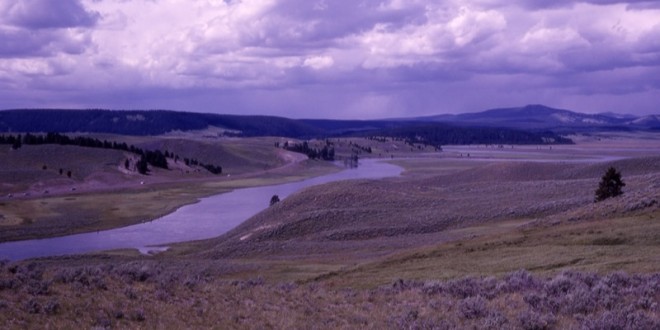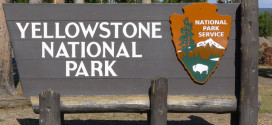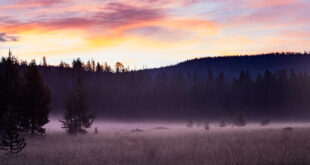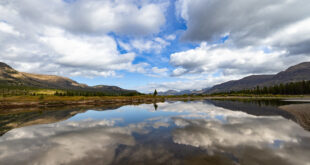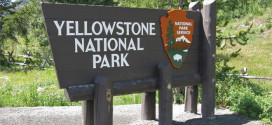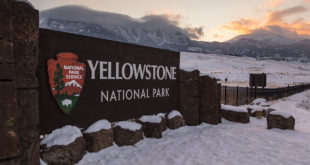A bill that could expand Yellowstone paddling on certain lakes and rivers is under consideration in Congress, where it’s already been passed by one House committee.
The bill, HR 3492, is sponsored by Rep. Cynthia Lummis (R-Wyo.) and would end 60-year-old regulations that prohibits paddling on certain lakes and rivers in Yellowstone National Park, Grand Teton National Park and the National Elk Refuge. The bill is supported by the nonpartisan American Whitewater group, which works nationally to implement and oversee paddling in an environmentally conscious manner.
The bill, as described by Lummis, would not force the National Park Service to open huge areas for Yellowstone paddling, but would give them the ability to open areas on their own discretion.
The Lummis bill has come under criticism from Department of the Interior and National Parks Conservation Association, who say NPS officials would have limited say as to what would be open for Yellowstone paddling and pass along the price of Yellowstone paddling, such as fencing, new launch areas and patrolling, to an already budget-constrained NPS. From the Bozeman Chronicle:
But the Department of the Interior submitted a statement opposing the bill. The statement denied that the bill would give park managers more authority over paddling, saying it would “deny managers the authority to exercise their professional judgment and management discretion.”
Rivers that are popular with paddlers suffer from erosion, invasive species and waste issues.
“Yellowstone National Park is one of the few places where rivers are closed to paddling so we haven’t seen the invasion of weeds that happens elsewhere,” Bart Melton, National Parks Conservation Association spokesman, said. “Before they would even consider opening a river, there should be an analysis of the impact to riparian areas that wildlife such as bison, elk and otters depend on.”
It’s not entirely clear there’s a lot of demand for expanded Yellowstone paddling via canoes and kayaks; some sort of study on potential demand would probably be a good thing.
Photo courtesy of the National Park Service.
 Yellowstone Insider Your Complete Guide to America's First National Park
Yellowstone Insider Your Complete Guide to America's First National Park
